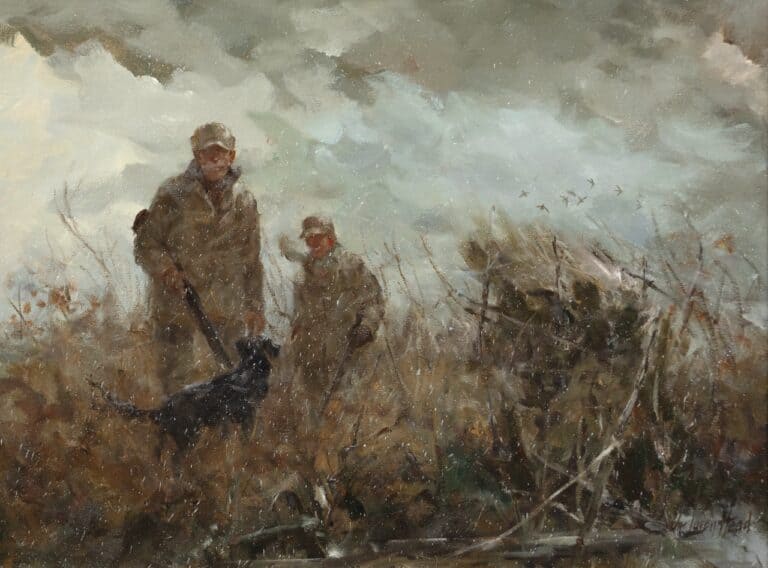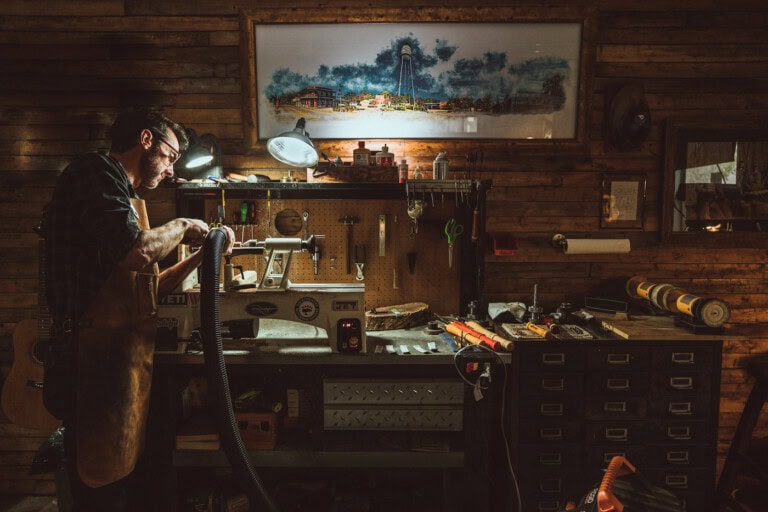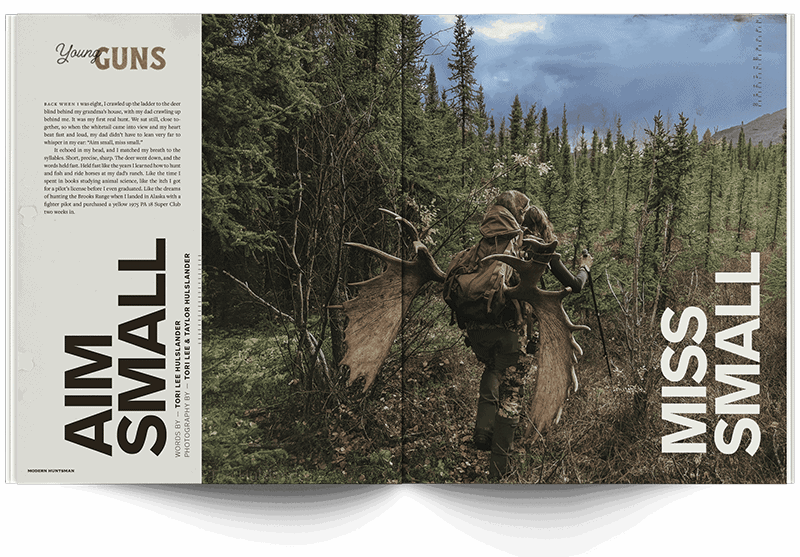Despite the drumbeats of doom and gloom, there are many reasons to be optimistic about hunting’s future.
In a world where hunting is often misunderstood and frequently criticized, it is easy to become overwhelmed. Bombarded by a stream of sensational representations of hunting’s true nature and conservation influence, we cannot help but sometimes wonder where all this is headed. So we ask ourselves how many more challenges must we face; how many more false statements must we counter? How will we ever make our critics understand? How can we deal with those who are ideologically opposed to hunting and the use of animals under any circumstances — those who will never even try to understand? Are we to be like Sisyphus, constantly pushing our arguments before us but never cresting to a plateau where a shared understanding of hunting’s value is reached? Who in the hunting world does not ask themselves these questions?
It is only natural that we should worry about hunting’s future. After all, it is of great importance to us personally, and we know full well its conservation value. To lose hunting would be a matter of significance to wildlife, human cultures and economies. Furthermore, focusing on our challenges is a logical response. We want to fight back, provide counterarguments, and safeguard this tradition, and we feel frustrated that others do not see the conservation and societal value of what we do. How can this be when, to us, the evidence is so overwhelming? Yes, we spend a great deal of time wondering what the future holds for hunting and wildlife. And so we should. Like conservation itself, hunting’s future will be no accident; it will be secured by the actions we take, the commitments we make.
At the same time, however, we need to reflect on...




